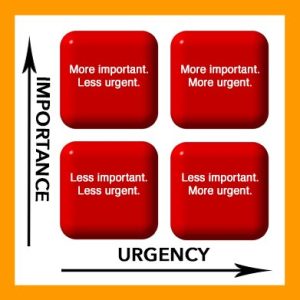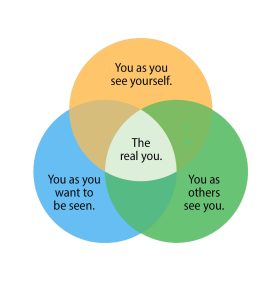
A big factor in why people don’t listen effectively is that they’ve never been taught how to listen. But that excuse only goes so far. We all know exactly what active listening looks and feels like because it’s what we expect others to do when we’re talking – yet we rarely afford that courtesy to others.
The big question, then, is why don’t we listen. The list of reasons could fill another book but let’s start with the key activities we engage in instead of listening.
- Rehearsing – We think about what we’re going to say.
- Judging – We give the proverbial thumbs-up or thumbs-down to the sentiments or arguments being stated.
- Daydreaming – We fantasize about all the other things we could be doing and sometimes check out the other person’s clothing or hairstyle and wonder if they’d look better on us.
- Mindreading – We jump two miles ahead in the conversation and presume we know where the speaker is heading.
- Scanning – We know there’s got to be someone in this room who’s more interesting, important, or attractive than this chatterbox.
- Placating – We know this person means well but the only way to extricate ourselves is to nod and smile agreeably.
These listening-avoidance tactics are relatively benign. The real danger lies in the subconscious reasons for not listening.
- We prefer listening to ourselves – This is the big one. Why listen to someone else when our own dulcet tones are readily available?
- We want to drive the conversation – This is a subset of the previous bullet and points to the fact that in addition to wanting to hear ourselves we want to choose the topic.
- We want to show we’re smarter – Why? Just because.
- We’re reluctant (and afraid) to change our opinions and beliefs – There’s nothing worse than having our social, political, and religious beliefs weakened or destroyed by a well-articulated counterargument. That’s why conservatives watch Fox News and liberals watch MSNBC. We know we’re right so why listen to the morons from the other side?
The reality of life is that we only learn when we listen. Whether in school, at work or in our communities, we don’t learn by memorizing names, facts, and figures. We learn by understanding the context. By inferring. By interpreting what’s not being said. And by sensing what can’t be said. Some people might call this emotional intelligence or wisdom. We call it 20/20 Mind Sight.
*This is an excerpt taken from chapter 10. The book is now available, for multi-copy discounts click here or you can purchase via Amazon.





